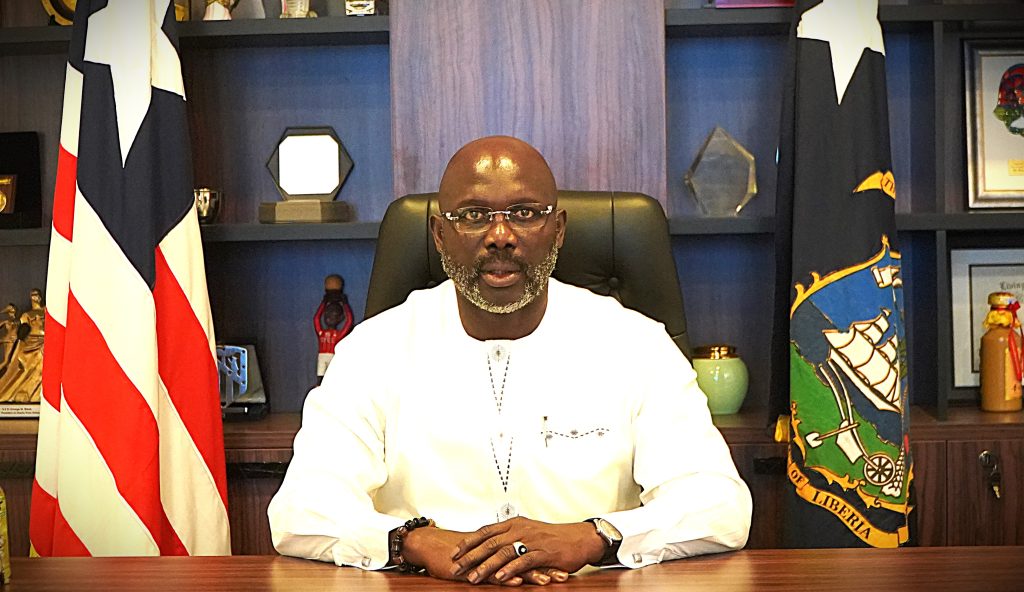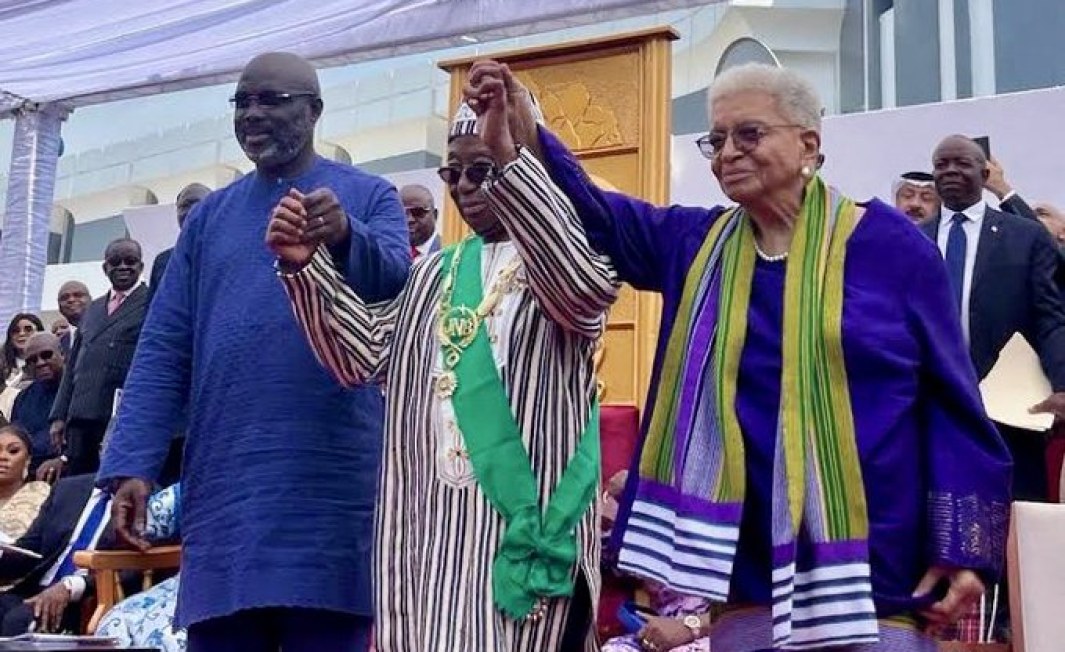Liberia’s quest for a non-permanent seat on the United Nations Security Council is a significant diplomatic initiative, one that began during former President George Weah’s administration. Recently, Liberia’s Foreign Minister extended an invitation to Weah, asking him to join forces with the current government and Nobel laureates to advocate for this prestigious position. However, this request comes in the wake of repeated tensions between the current government and Weah, including the August 2024 attack on his political party’s headquarters by security forces—an incident so serious that Weah had to call on ECOWAS to intervene. These factors raise important questions about the motivations behind the invitation and how Liberia can move forward.
The invitation to Weah is a strategic move, as the effort to secure a seat on the UN Security Council would greatly benefit from a united front. Including Weah, Nobel laureates, and other key figures sends a message of national cohesion, demonstrating Liberia’s readiness to take on a larger role on the world stage. After all, Weah played a pivotal role in launching this diplomatic effort during his presidency, and his inclusion would reflect continuity and strength in Liberia’s leadership.
However, the context of this invitation cannot be overlooked. The relationship between the current government and Weah has been fraught with tension, particularly after the August 2024 incident in which security forces allegedly attacked Weah’s political party headquarters. Following this, Weah was compelled to write to ECOWAS, urging them to intervene and protect the integrity of Liberia’s democratic process. Against this backdrop, the invitation to collaborate on the Security Council bid could be viewed as politically expedient. Is this an honest attempt at reconciliation and unity, or merely a way to use Weah’s influence to further the current government’s diplomatic ambitions?
For the current administration’s outreach to be meaningful, it must go beyond a simple invitation. True reconciliation would require addressing the underlying issues, including the past tensions that culminated in the need for ECOWAS intervention. Without an acknowledgment of these grievances and a commitment to moving forward respectfully, the invitation may come off as opportunistic rather than sincere.
From Weah’s perspective, deciding whether to join this national effort is a delicate balancing act. On one hand, participating in the push for a UN Security Council seat would showcase his statesmanship and dedication to Liberia’s interests, demonstrating that he can rise above personal and political conflicts. On the other hand, given the recent attacks on his party and the broader tensions with the current administration, Weah might be cautious about being perceived as politically exploited.

At this critical juncture, it is essential for both sides to set aside past animosities and prioritize the nation’s future. Securing a seat on the UN Security Council is not just a symbolic victory—it could open doors for Liberia in terms of increased diplomatic influence, economic partnerships, and development opportunities. For this to happen, Liberia must present itself as a united and cohesive nation, capable of moving past internal divisions for the greater good.
At Kukatonon News, we hope this invitation to Weah signals a sincere effort at fostering unity, rather than a moment of political convenience. Liberia’s bid for a UN Security Council seat, initiated during Weah’s presidency, is an opportunity for the country to show the world that it can rise above division and work together for its long-term benefit. Both the current government and Weah must seize this moment to prove that national interests come before political rivalry.
The world is watching. Let’s show them that Liberia can lead by example—by uniting for the greater good, no matter the political differences.

